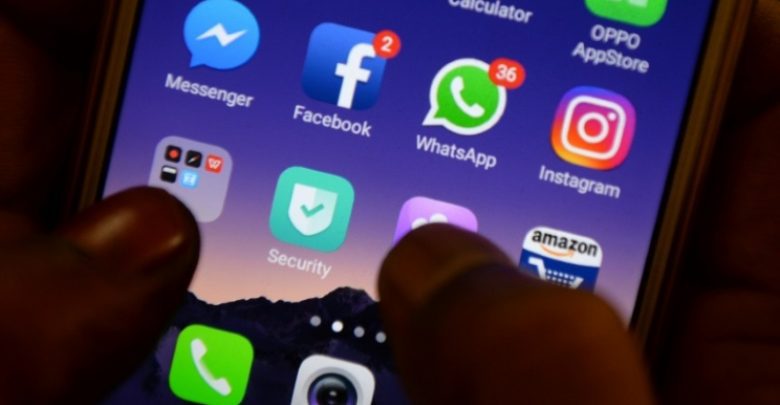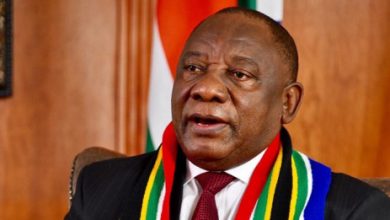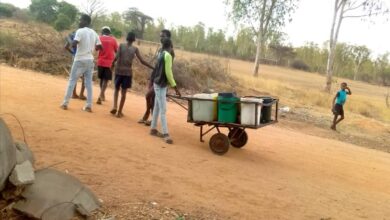Social media offers inexpensive and “limitless” campaign spaces to politicians

By Paul Sixpence
AS Zimbabwe prepares for the 2023 general elections, aspiring political candidates vying for local government and national assembly seats in Mpopoma-Mzilikazi constituency have taken to social media to canvass for votes.
An observation of social media platforms indicates that aspiring political candidates are using WhatsApp, Facebook and Twitter to reach out to the electorate.
“I am using WhatsApp and Facebook to campaign,” said Prince Ncube an artist and aspiring Ward 8 Councillor under the Freedom Alliance party. “The reaction is largely positive especially on WhatsApp where I interact with a lot of people in different social WhatsApp groups within Ward 8.”
The extensive use of social media in Zimbabwe for purposes of political canvassing can be traced back to the 2013 general elections were the cyber contestations pitted President Emmerson Mnangagwa’s followers, known by the sobriquet “Varakashi” against his rival, Nelson Chamisa’s followers, nicknamed, “Nerorists.”
“Social media offers a lot of opportunities interms of political communication, access and reaching out to large and diverse audiences as compared to radio, television and newspapers,” said Professor Mphathisi Ndlovu, a media studies academic at the National University of Science and Technology. “It is very effective to campaign using social media because you are assured that your message will reach the target audience.”
Independent and opposition political party candidates hamstrung by finances required to run an effective political campaign consider social media as an equalising and limitless space for political canvassing.
“lt (social media) has reduced the cost of printing flyers and posters, hiring venues, public address systems and seeking police clearance to convene gatherings. Political messages can be shared on social media without the need to physically gather people,” said Ncube.
Election experts estimate that an aspiring House of Assembly candidate in an urban constituency needs at last US$6 000 to mount an effective political campaign over a period of 50 days.
In Zimbabwe elections are highly contested and an emotive subject. This election season has been largely peaceful though isolated cases of politically motivated violence have been reported in some parts of the country. Politicians are of the opinion that social media is revolutionarising the democratic space in Zimbabwe. Political interactions mediated by virtual tools are mostly contestations of ideas.
“With regards to the 2023 Zimbabwe elections, I consider social media as a vital tool for campaigning as it has opened up the field for everyone to campaign freely,” said Admire Masikati, aspiring ZANU-PF legislator for Mpopoma-Mzilikazi constituency.
Over and above reaching out to large audiences in real-time, social media also reaches out to people who otherwise would not attend physical political rallies.
“Social media comes in handy when it comes to information dissemination and reaching out to different demographic groups, namely, the youth, elderly and persons with disabilities,” said Masikati. “It also allows us (politicians and political parties) not to physically infringe on peoples’ private spaces.”
Despite social media having a wide reach, the majority of residents in the constituency are not on social media platforms.
“The majority of people in this constituency are not on any social media platform. It is just a few (sic) that take interest in political and development issues that you find on social media,” said Wesley Madola Moyo, a political activist. “Physical presence on the ground and conducting door-to-door campaigns is a more effective strategy.”
Masikati echoed Moyo’s opinion adding that it is prudent for one to be physically present on the ground to meet and interact with the electorate. He however noted that the majority of registered voters are young people and use social media.
“Social media will to a certain extent influence the choice of Zimbabwe’s next office bearers. 65 percent of registered voters are youth,” said Masikati.
Professor Ndlovu shared cautionary advice to the effect that social media is not omnipotent. Virtual tools do not have the power to impact on peoples’ decision-making.
“Reception of messages on social media is contextual. It depends on peoples’ political allegiances. For instance, if a message is coming from a politician whom one does not support, chances are high that the recipient will ignore the message,” said Professor Ndlovu. “It does not have the power to impact on peoples’ decision making. Social media reinforces what is already there and does not create something new.”
Professor Ndlovu further added that on its own social media will not determine the electoral outcome but may influence the election through fake news, misinformation, disinformation and mal-information.
Elections research indicates that as political parties move from centrally managed campaigns to locally managed campaigns, in which local party members organise their campaigns according to their own priorities and resources – new technologies play a role in influencing the vote.
Zimbabweans go to the polls on 23 August 2023 to choose local government, national assembly and Presidential representatives. There are 12 constituencies in Bulawayo metropolitan province. Mpopoma – Mzilikazi constituency has eight aspiring house of assembly candidates, which is the highest number of candidates in any constituency within Bulawayo metropolitan province.






